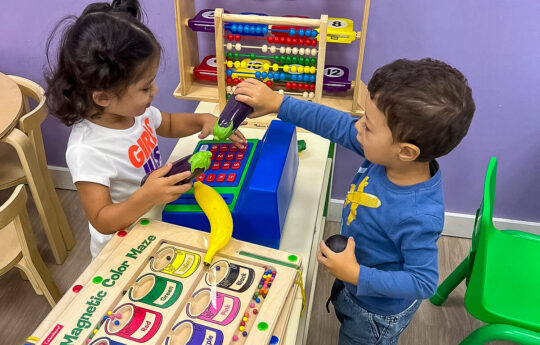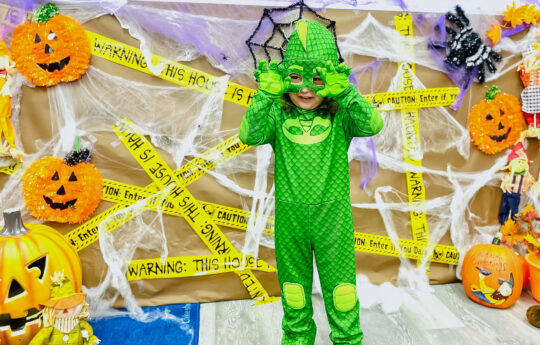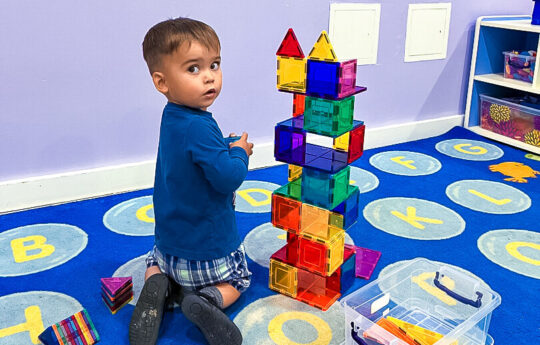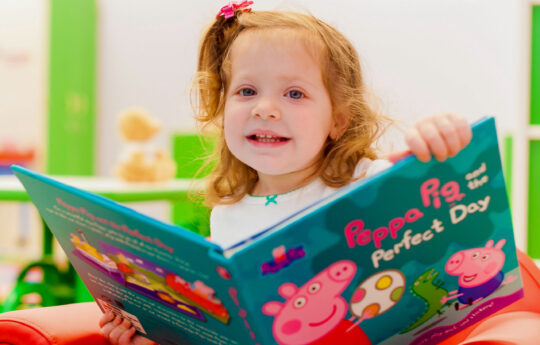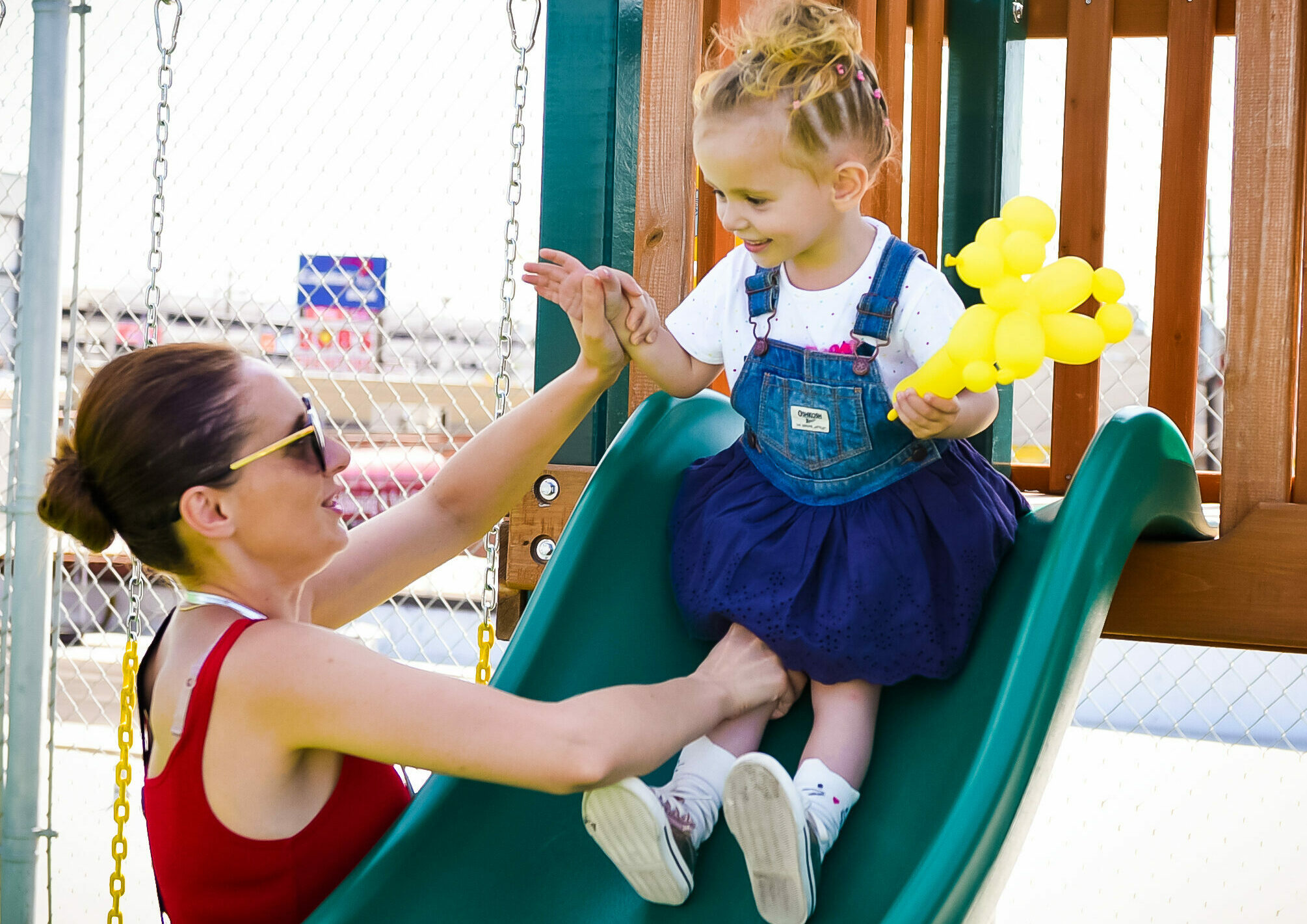
First and foremost, parents should see their children entering preschool as the next phase in their development rather than as a source of concern. And even if you do have some concerns, you shouldn’t discuss them while the child is around. You should be genuine and compelling when you start informing your child that the day will come when they will start preschool.
If a child is prepared in advance for future changes, it is possible to help them overcome the challenges of adjusting to them. Here, parents are largely responsible.
Why is preparation for preschool important?
Parents must fully understand why their child’s fear of preschool arises and whether it is typical. First of all, young children and babies often see their parents as a source of security. Children have unique bodily systems that can correlate to the attachment. The “hormone of joy”-oxytocin- is released by them during interactions with their parents, strengthening the bond and lowering anxiety. When we send a child to a childcare center, we ask them to leave their comfort zone and go into the unknown. Even if the child initially does not attend daycare full time, they encounter previously unknown challenges. In a group where there are fewer adults and more peers, they must deal with new social demands. They are compelled to learn a new environment and adjust to a new schedule. They have a lot of new responsibilities that require focus and attention. A child can find it very challenging to adjust to such circumstances.
Try not to worry too much. Since the child feels safe with you, you may assist them in adjusting to daycare.
What to do:
- The child’s life in the family must first be organized in accordance with the daily schedule that is maintained in the preschool facility. It will be much simpler to adjust to daycare as a result.
- It is important to get your child interested in preschool because you’ll motivate them to attend. When taking the child on walks, show them the preschool facility, and playgrounds, and watch kids play together. Tell the child about the exciting new things that are in store for them. Talk about how enjoyable and interesting it will be to walk, eat, sleep, and participate in activities with the teacher while doing all of these things with other kids.
- Mention that they will soon have to start kindergarten in chats with other adults while in the child’s company. Let them see this as a cause for celebration and admiration. Emphasize how you and your child are getting ready for this occasion by developing independence and keeping a schedule.
- Lack of experience interacting with other adults and children is one of the main causes of difficulties during a child’s first few days of preschool. It is vital to introduce the baby to interactions with children in advance and to build a favorable attitude towards them in order to bravely enter the group of peers.
- The baby should be able to ask for a potty, wipe their hands, dress, and undress, and use a spoon while eating, among other self-care abilities. Don’t forget to consider the child’s clothes as well. It should not only be of the best quality but also be practical for them.
- Get the child accustomed to the idea that the parent is not constantly present. The time allotted for solo games should be gradually increased. Even if they are being watched, a youngster should be able to stay alone by the age of three. Give them a dedicated workspace where they may create arts and crafts.
- The child is accustomed to owning all the toys at home and having free reign to play with any cars or dolls they choose. However, all the items in the garden are shared, so you can’t just stroll over and take away the interactive board if another baby is using it. It is vital to go over the guidelines for sharing toys in advance. The child must understand that they cannot always get the desired toy. It’s possible that a different kid won’t want to share or needs more time to finish their game. Children should be taught by their parents to wait or to kindly accept rejection.
Keep in mind that daycare cannot be used to intimidate a child; you cannot threaten to send them there if they disobey. As the baby adjusts to a new environment, this will undoubtedly worsen their condition and make them fear attending the facility.
You may help your child get ready for preschool with these easy techniques, making sure that their first few days go smoothly. It won’t take much of your time to prepare; you can simply fit it around the child’s regular daily activities.

